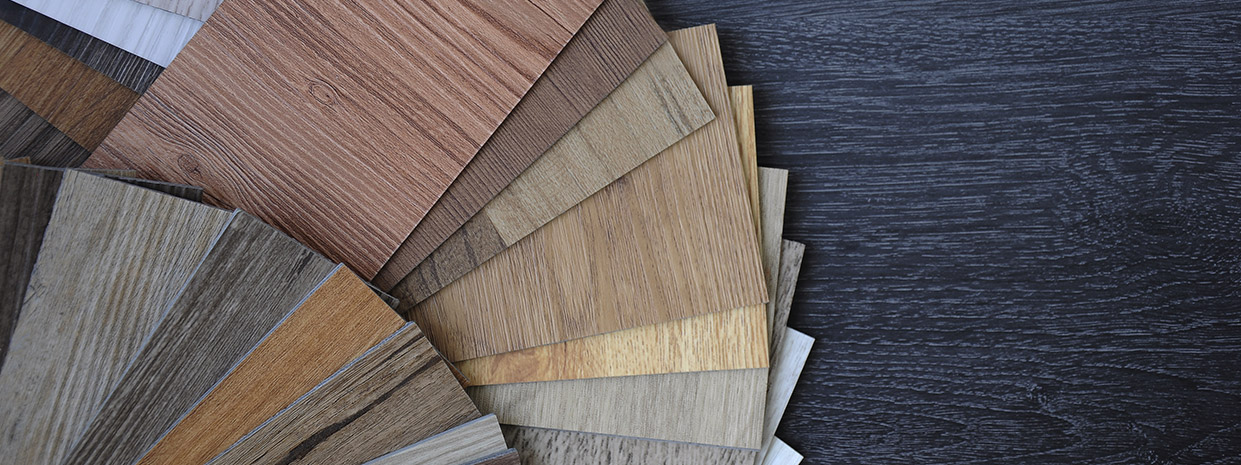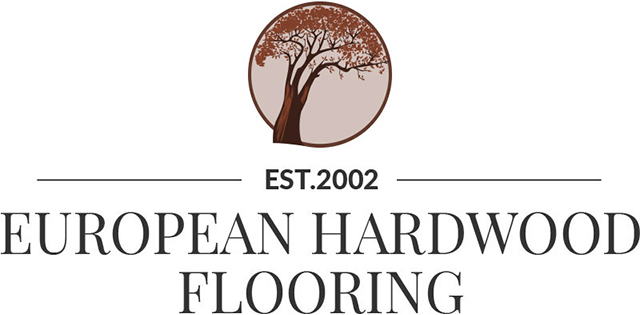
ENGINEERED WOOD 101
The only reason engineered wood gets a bad rap is because it’s not natural wood, and this article will quickly illustrate why that’s no good reason at all if you’re interested in a hardwood alternative.
ENGINEERED WOOD INSTALLATION
Our expertise in hardwood flooring installation doesn’t stop at solid hardwoods. We’ve got years of experience in engineered wood installation as well, and we’re happy to say it’s literally a snap.
At least, that’s the case with floating flooring that clicks and locks together, but we deliver best-in-class installation for any type of engineered wood and may have an even better option for your particular flooring needs.
And, that may be the case if you need installation over concrete, ceramic tile, vinyl or even existing wood flooring. What’s more, we can complete this type of installation very quickly without sacrificing quality.
ENGINEERED WOOD TYPES
Engineered wood comes in as many types as there are natural wood species because that’s how it’s made; many engineered wood options are constructed with a top veneer of real wood to perfectly match the real thing.
This is great for you, because it means you don’t have to worry about what kinds of engineered hardwood are available – if you can imagine it, you can find it. Popular choices include oak, cherry, maple, bamboo and cork, as well as many more exotic possibilities.
How exotic?
ENGINEERED WOOD VARIETY
You can find engineered wood in every real hardwood variety including bold choices like teak, mahogany and rosewood, but different combinations of color, finish and texture extend the palette of available options far beyond what you’ll find in natural hardwood.
In addition to traditional distressed or stained options, which you can also find among hardwoods, you can opt for patterning and colors that simply don’t exist in nature – but still may look really great for your floor.
ENGINEERED WOOD CONSTRUCTION & DURABILITY
Engineered wood is basically plywood. It’s made by gluing very thin layers of wood together, often in opposite directions to create a durable cross-ply that ends up being stronger than solid hardwood.
That’s right – engineered wood is more durable than hardwood in certain circumstances. Advances in construction have made it more resistant to shrinking and expansion due to moisture.
ENGINEERED WOOD VS. SOLID HARDWOOD FLOORING
So, what are the reasons why you wouldn’t use engineered wood instead of solid hardwood flooring? There are three: 1) the feel, 2) personal taste and 3) long-term durability. Let’s look at each.
1. Solid hardwood floors have a certain feel that sometimes can’t be replicated by engineered wood. One could say it’s a luxurious feeling, but it also comes with knowing, which leads us to the second point.
2. Some people just feel better knowing they’re walking on solid wood; there’s a value to knowing you’ve invested in the finest flooring available, which is what we specialize in delivering.
3. Hardwood flooring lasts longer than engineered wood when properly installed by professionals and properly maintained. All across Europe, and to a lesser extent here in the U.S., there are examples of hardwood flooring that has lasted centuries.
And, that’s the level of quality we take pride in providing to our customers – a beautiful hardwood floor that will stand the test of time thanks to old-world technique and artisanal skill you can’t find anywhere else.
